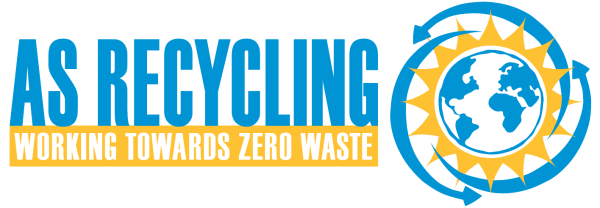Disposing of Hazardous Waste
If you are a student, staff, or faculty member at UCSB, you can dispose of batteries and CFL light bulbs at many of our electronic waste dropoff locations. If you have a small amount of paint or other universal waste, contact us and we will determine if it is something we can handle as a special pickup. If you have other hazardous waste, such as those from a lab or machine shop, contact your building manager or UCSB Environmental Health and Safety for help.
If you are not affiliated with the UCSB campus, please check the Community Hazardous Waste Collection Center page. While this facility is located at UCSB, it is NOT affiliated with AS Recycling so please contact them directly with any questions. Please visit www.lessismore.org for more information.
Hazardous waste is officially defined in multiple ways. The EPA maintains a list of specific compounds that are considered hazardous, but has also identified four characteristics (ignitability, corrosivity, reactivity, and toxicity) that can define waste as hazardous even if it is not specifically listed. There are also mixed wastes, which are both hazardous and radioactive, but unless you are running a nuclear power plant you shouldn’t have to worry much about this.
Asbestos is another very dangerous mineral found in older homes. A long duration of asbestos exposure can lead to serious health effects such as asbestosis, lung cancer, and mesothelioma. The Mesothelioma Center Handling and Disposal guide covers the dangers of handling asbestos, how to identify it, current regulations, and more. We wanted to make it a goal to help spread awareness on the dangers of handling asbestos and why it’s important to let professionals remove and dispose of it properly, and included a link to their asbestos handling guide here.
Most relevant for most people and households is what’s called universal waste. Universal waste includes items that, while still hazardous waste, are commonly used by individual consumers and do not require special training to handle. Batteries, fluorescent bulbs, paint, oil and pesticides are all considered universal waste. The regulations on these are generally reduced to improve the ability for places like hardware stores and other outlets to run collection programs and therefore reduce the chance that consumers will simply throw these wastes in the trash.
